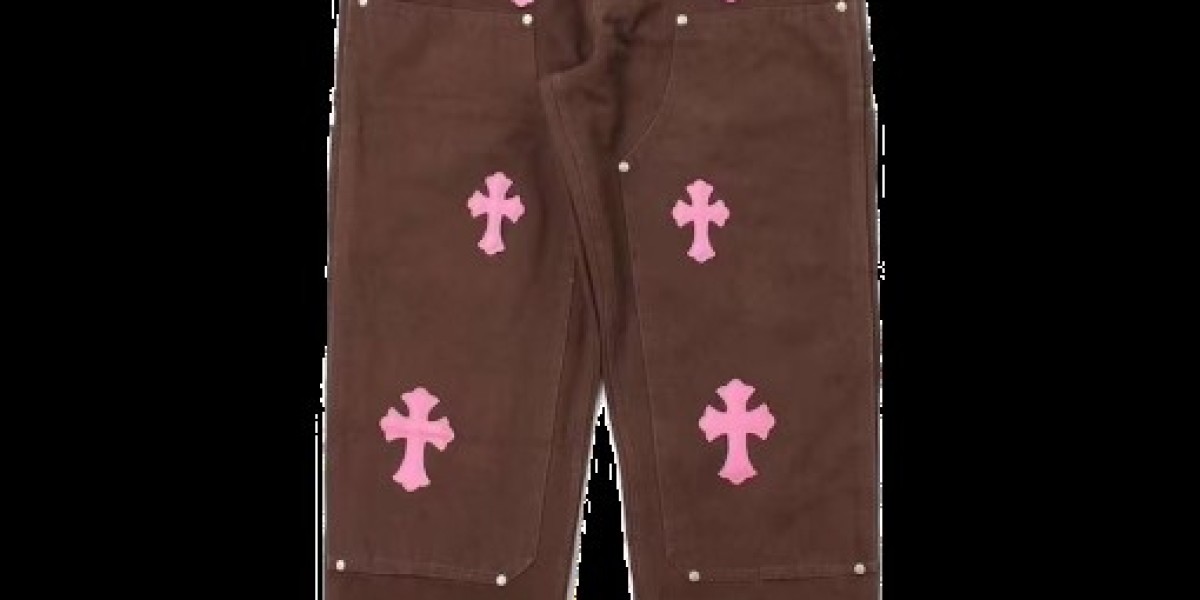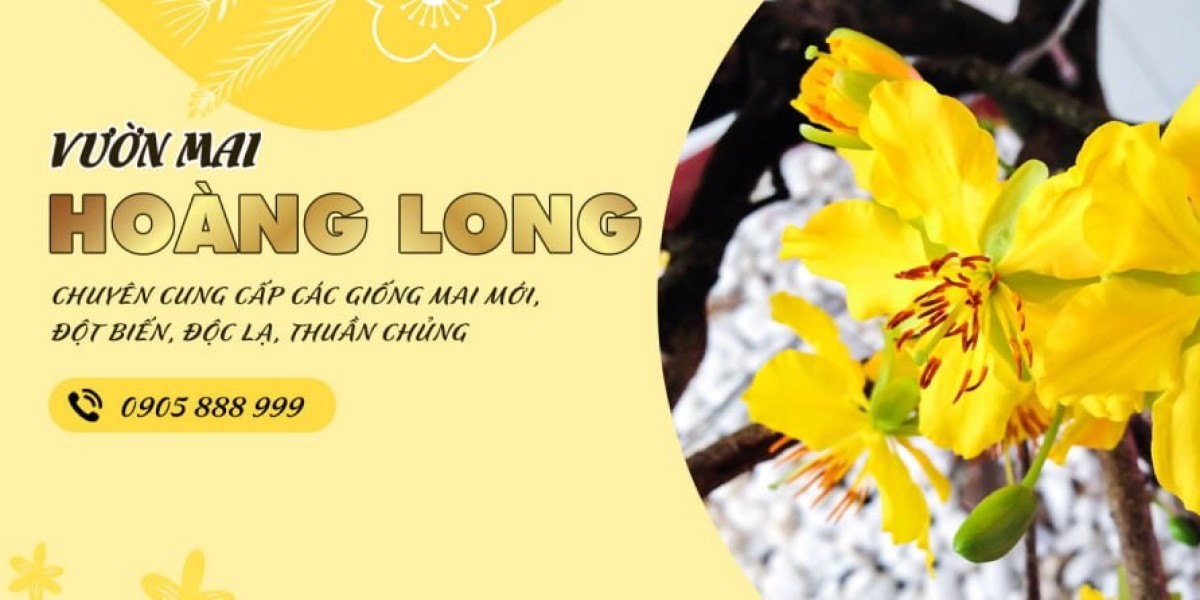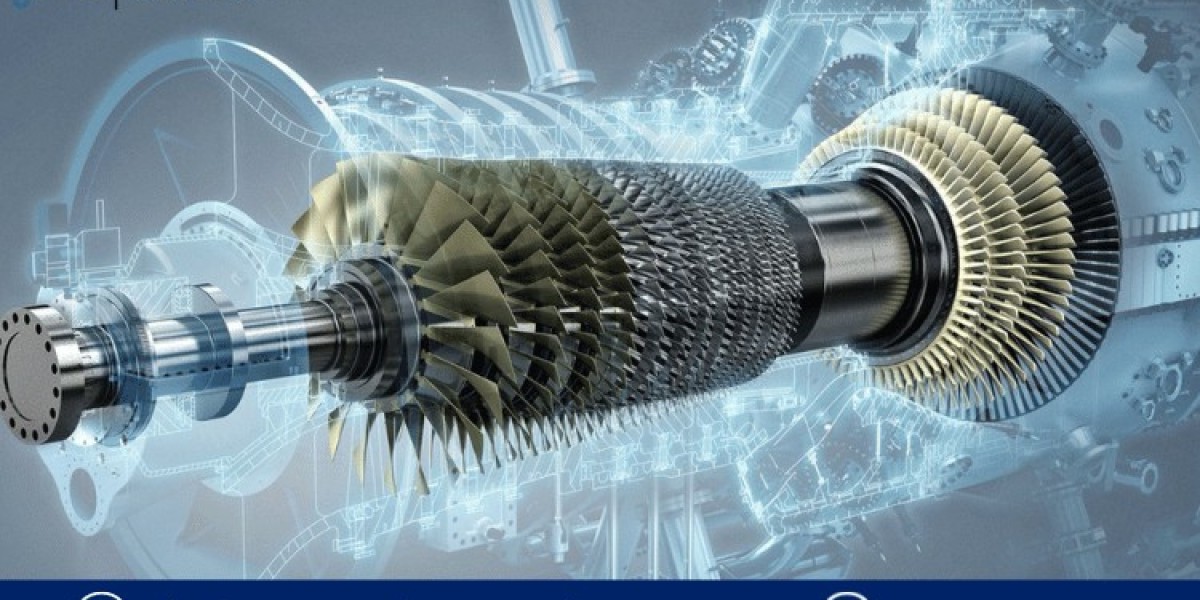Denim is a staple in almost every wardrobe, known for its versatility and timeless appeal. However, the denim industry is notorious for its environmental impact, from excessive water usage to chemical pollution. Fortunately, the rise of eco-friendly fashion chrome heart cross has led to the emergence of sustainable high-waisted jeans that offer style without compromising the planet. This article explores ten brands leading the way in sustainable denim, focusing on their practices, products, and the broader implications for fashion and the environment.
The Environmental Impact of Conventional Denim:
Before diving into the sustainable brands, it's important to understand the environmental toll of traditional denim production. Conventional denim manufacturing involves several stages, each contributing to significant resource consumption and pollution. From cotton cultivation, which often relies heavily on pesticides and water, to dyeing processes that release harmful chemicals into waterways, the impact is profound. Additionally, the energy-intensive processes and global transportation networks used to distribute these garments further exacerbate the environmental footprint.
The Rise of Sustainable Fashion:
The fashion industry is undergoing a transformative shift towards sustainability, driven by growing consumer awareness and demand for eco-friendly products. Sustainable fashion encompasses a broad range of practices aimed at reducing environmental impact, promoting ethical labor conditions, and ensuring the longevity of products. In the context of denim, this shift has led to innovative approaches in fabric sourcing, production methods, and waste reduction. The rise of sustainable denim brands is a testament to the industry's commitment to a greener future.
What Makes Denim Sustainable?
Sustainable denim is characterized by several key factors, including the use of organic or recycled materials, eco-friendly dyeing techniques, water and energy conservation practices, and ethical labor standards. Organic cotton, for instance, is grown without synthetic pesticides and fertilizers, reducing soil and water contamination. Recycled denim, on the other hand, repurposes post-consumer or pre-consumer waste, minimizing the need for new raw materials. Furthermore, innovative dyeing processes like laser and ozone treatments significantly cut down on water and chemical use.
Pioneering Sustainable Practices:
Levi's, a household name in the denim industry, has made significant strides in sustainability. The brand's Water<Less® technology, introduced in 2011, has saved millions of liters of water by reducing the water used in the finishing process. Levi's also focuses on using sustainable materials, such as organic cotton and TENCEL™ lyocell, and has committed to reducing its carbon footprint across the supply chain. Their high-waisted jeans collection offers a variety of styles that cater to both fashion-forward and environmentally conscious consumers.
Radical Transparency and Ethical Production:
Everlane is renowned for its commitment to transparency and ethical manufacturing. The brand meticulously audits its factories to ensure fair labor practices and showcases the true cost of its products purplebrandjeans.shop . Everlane's denim collection features high-waisted jeans made from premium Japanese denim, which is produced using sustainable methods. The brand also uses recycled materials in its products and packaging, further solidifying its eco-friendly credentials. Everlane’s approach exemplifies how transparency and sustainability can coexist in the fashion industry.
A Commitment to Organic Cotton:
Nudie Jeans has built its reputation on using 100% organic cotton for all its denim products. The brand's commitment to sustainability extends beyond material sourcing; it also offers a repair service to extend the life of its jeans and promotes a second-hand marketplace. Nudie’s high-waisted jeans are designed to be durable and timeless, encouraging customers to buy less and wear more. This philosophy not only reduces waste but also fosters a deeper appreciation for well-made clothing.
Circular Fashion and Recycling Initiatives:
MUD Jeans is a pioneer in the circular fashion movement, emphasizing recycling and product lifecycle management. The brand offers a unique leasing model, allowing customers to lease a pair of jeans and return them after a year for recycling or renewal. This innovative approach ensures that materials are continuously reused, drastically reducing waste. MUD Jeans’ high-waisted options are crafted from a blend of organic and recycled cotton, combining style with sustainability.
Fashion-Forward and Eco-Conscious:
Reformation is known for its chic, fashion-forward designs that do not compromise on sustainability. The brand's denim collection features high-waisted jeans made from sustainable materials like organic cotton, TENCEL™, and recycled fibers. Reformation also prioritizes water and energy efficiency in its production processes and provides transparency reports on its environmental impact. By combining trendy designs with sustainable practices, Reformation appeals to the modern consumer who values both aesthetics and eco-consciousness.
Boyish Jeans: Vintage-Inspired and Eco-Friendly
Boyish Jeans draws inspiration from vintage styles, offering a range of high-waisted jeans that are both stylish and sustainable. The brand uses sustainable materials such as organic cotton, recycled cotton, and TENCEL™ lyocell. Additionally, Boyish employs eco-friendly dyeing and washing techniques to minimize water and chemical use. The brand’s commitment to sustainability extends to its packaging, which is made from recycled materials. Boyish Jeans proves that vintage-inspired fashion can be achieved without compromising environmental ethics.
Outland Denim: Social Impact and Sustainability
Outland Denim combines social impact with environmental sustainability, providing fair employment opportunities to survivors of human trafficking and other vulnerable populations. The brand’s high-waisted jeans are made from organic cotton and feature eco-friendly washing techniques. Outland Denim’s holistic approach addresses both the environmental and social dimensions of sustainability, offering consumers a way to support ethical labor practices while reducing their ecological footprint.
Innovative Technology for Sustainable Denim:
DL1961 utilizes advanced technology to create sustainable denim that is both high-quality and eco-friendly. The brand’s proprietary fabric blends include recycled fibers and eco-friendly dyes, reducing water and chemical use. DL1961’s production process is designed to minimize waste and energy consumption, resulting in jeans that are sustainable from start to finish. The brand’s high-waisted jeans offer a range of fits and styles, ensuring that there is something for every denim lover.
Japanese Craftsmanship and Sustainability:
Kings of Indigo combines traditional Japanese craftsmanship with modern sustainability practices. The brand’s high-waisted jeans are made from organic and recycled materials and are produced using eco-friendly methods. Kings of Indigo also focuses on durability and repairability, encouraging customers to invest in long-lasting pieces. By blending heritage techniques with contemporary sustainability, the brand offers a unique and responsible approach to denim.
Conclusion:
The shift towards sustainable denim is not just a trend but a necessary evolution in the fashion industry. Brands like Levi’s, Everlane, Nudie Jeans, MUD Jeans, Reformation, Boyish Jeans, Outland Denim, DL1961, and Kings of Indigo are leading the way by integrating eco-friendly practices into every aspect of their production. By choosing sustainable high-waisted jeans, consumers can enjoy timeless style while supporting practices that protect our planet. As the demand for sustainable fashion grows, it is likely that more brands will follow suit, paving the way for a greener, more ethical future in denim.



